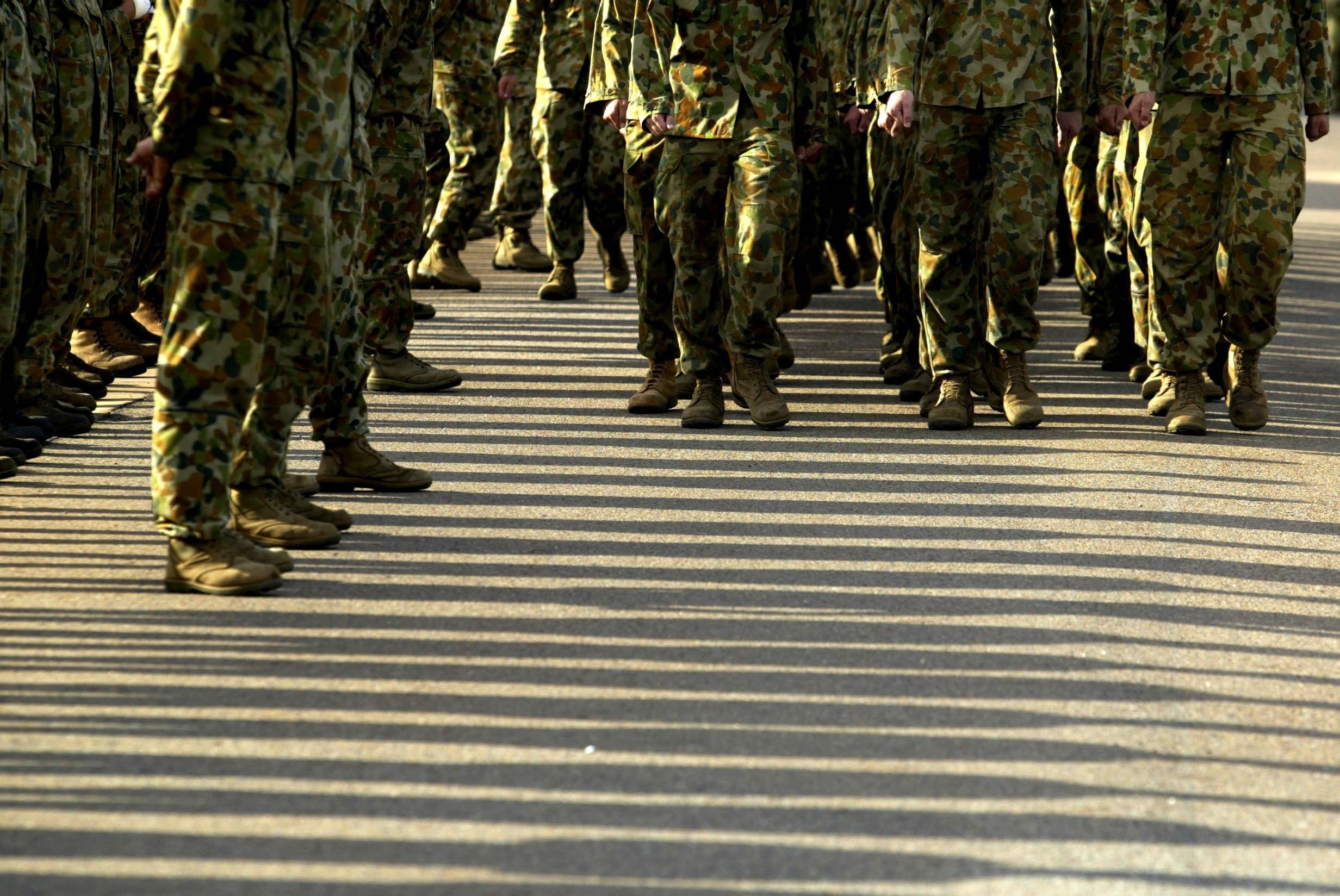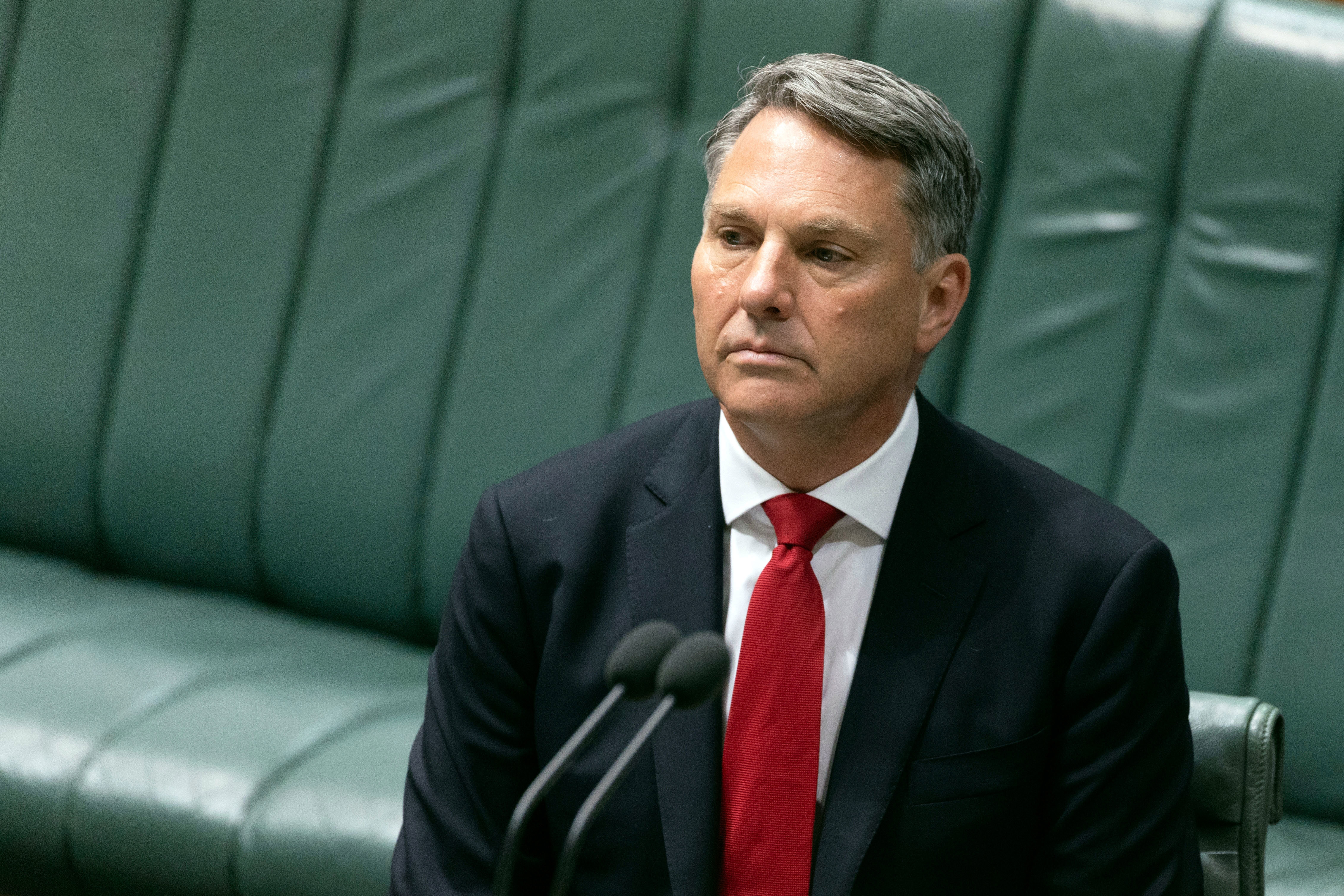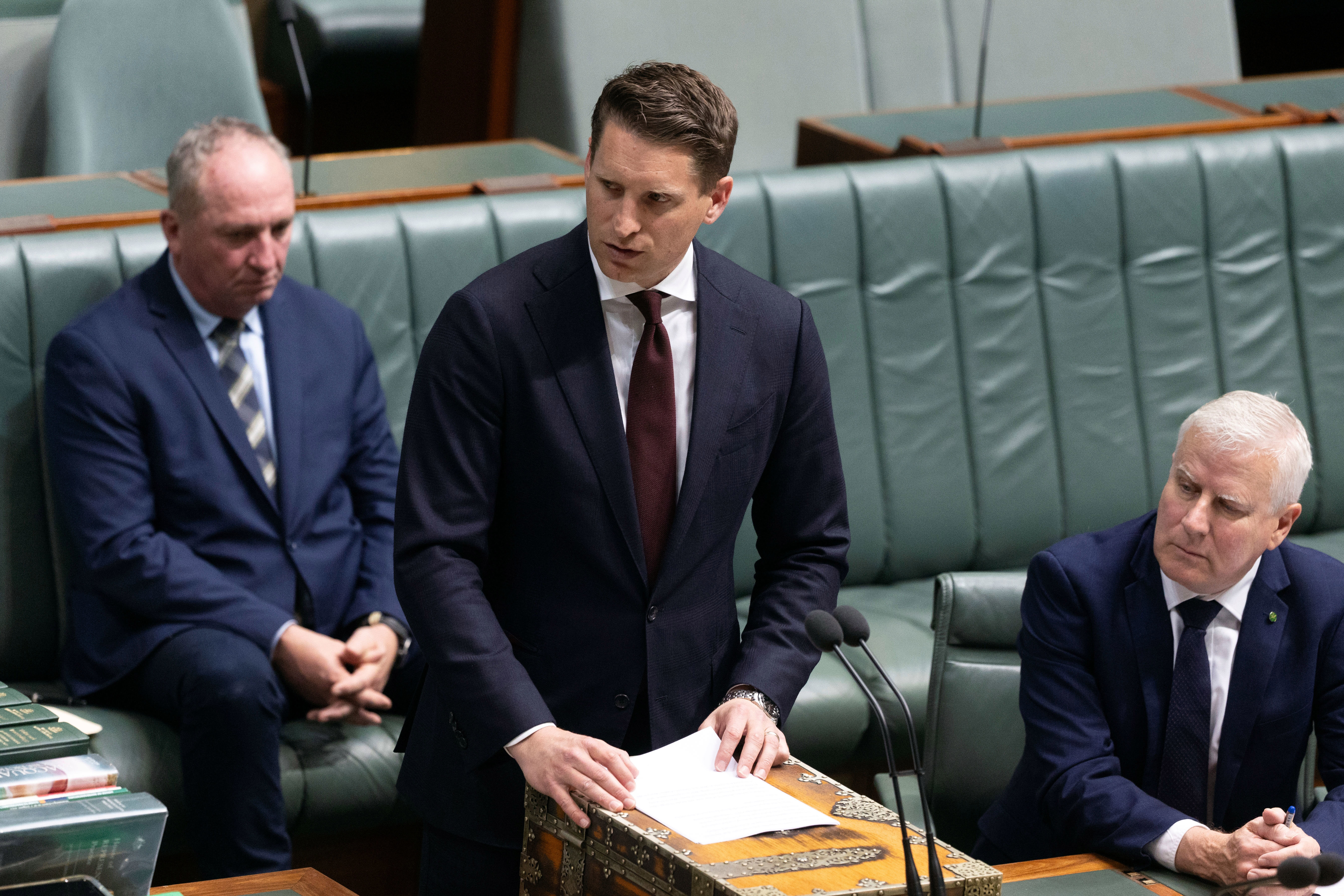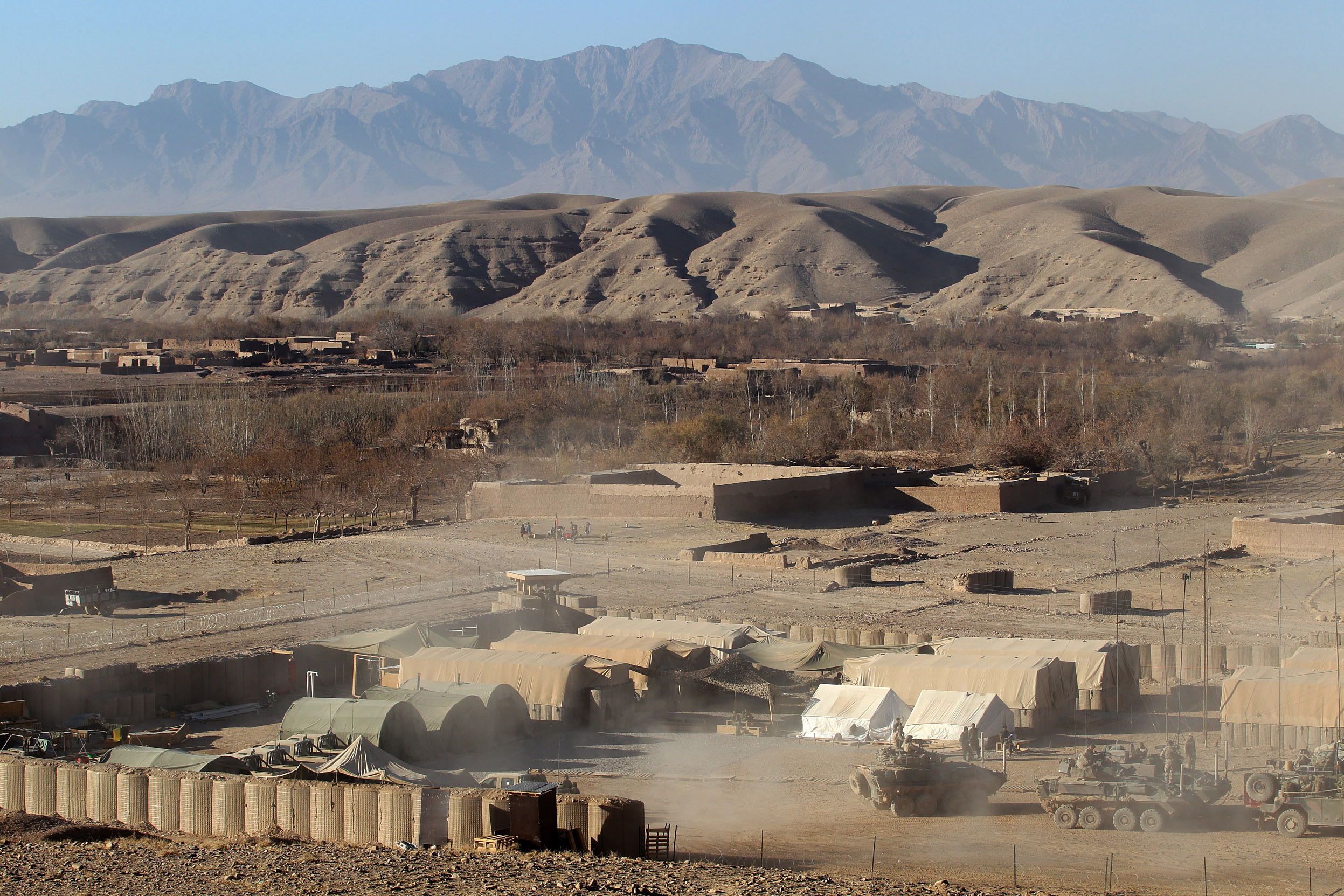A "small number" of military commanders have been stripped of their medals over a report that found Australian troops were involved in the alleged unlawful killing of 39 people in Afghanistan.
Defence Minister Richard Marles today delivered the federal government's final response to the Brereton Report, the investigation into ADF misconduct in Afghanistan between 2005 and 2016.
"The allegations which are the subject of the Brereton Report are arguably the most serious allegations of Australian war crimes in our history," Marles told parliament this morning.
READ MORE: Calls for inquiry over 'excessive force' used to quell Melbourne protest
In closing the government's response to the report, Marles said he had decided to strip "a small number" of commanders of their honours relating to their time in Afghanistan.
"Two of the outstanding recommendations of the Brereton Report related to command accountability of commanders during the relevant period," he said.
"The last step in closing out these two recommendations was me writing to relevant commanders about my decision in relation to medals awarded to them as part of their service during periods proximate to the incidents which are at the heart of the Brereton report.
"I have now written these letters.
READ MORE: Albanese lists $1.9m investment property after tenant evicted
"My decisions on this matter are consistent with the findings and recommendations of the Brereton report."
The exact number and identities of the commanders whose medals have been stripped has not been disclosed over privacy concerns.
Marles also said a compensation scheme for alleged victims and their families had been established.
Shadow Defence Minister Andrew Hastie, a former SAS soldier who served in Afghanistan, said the report showed the importance of truth-telling in the armed forces.
"Trust needs to be rebuilt, both up and down the chain," he said.
"It is the foundation of the sacred compact between the army, the Australian people and our government. It was broken and needs to be restored.
READ MORE: Tortured families welcome bus driver's 'tremendous' jail term
"There were many contradictions in Australian policy that our troops had to reconcile on the ground in Afghanistan, often in morally ambiguous and demanding situations.
"And I say this with direct experience, it was not easy partnering with an Afghan warlord and his personal band of warriors.
"We did not have aligned values or a moral framework that we shared, but we had to make our policy objectives work as best as we could. That had a moral impact on people at the tip of the spear."
Hastie said those further up the chain of command should have faced consequences for the war crimes allegedly committed in Afghanistan.
"My one point of disagreement with the Brereton Report is on how far it reaches up the chain in assigning responsibility," he told parliament.
"I believe our troops were let down by a lack of moral courage that went up the chain of command, all the way to Canberra, including in this house.
READ MORE: Call to mark 10-year anniversary of William Tyrrell's disappearance
"I want to be clear: those who are alleged to have shed innocent blood are alone responsible for that.
"I do not say this to absolve or condemn anyone, but those in the chain of command who saw the post-mission slide decks with the kill counts and pictures of dead individuals had an obligation to ask questions."
Handed down in 2020, the Australian Defence Force Afghanistan Inquiry – better known as the Brereton Report, after the major general who led the probe, Paul Brereton – found there was credible evidence of misconduct, including 23 incidents involving Australian Special Forces in which 39 people were allegedly unlawfully killed and two mistreated.
It made 143 recommendations, 139 of which have now been closed. The remaining four are on hold due to ongoing investigations.
If you are a current or former ADF member, or a relative, and need counselling or support, you can contact the Defence All-Hours Support Line on 1800 628 036 or Open Arms on 1800 011 046.







